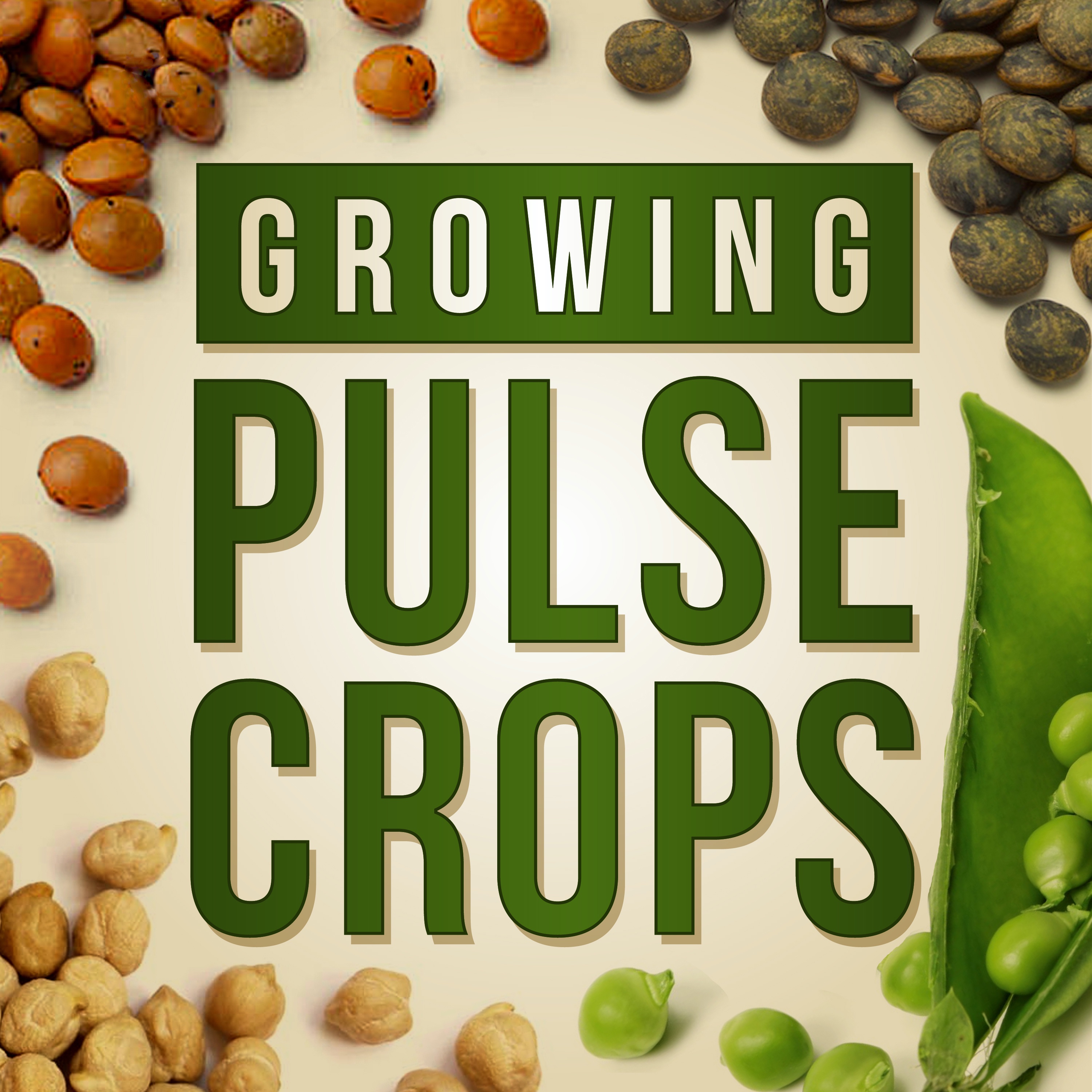Aphids and Aphid-Transmitted Viruses
Aphids are known for the destruction they can cause due to feeding damage. But they can also be responsible for transmitting harmful viruses into the crops. In this episode we hear from Dr. Lyndon Porter is a plant pathologist at USDA-ARS based in Prosser, Washington, Dr. Sean Prager is an associate professor of entomology at the University of Saskatchewan and Dr. Sanford Eigenbrode is a professor of entomology at the University of Idaho. There is a tremendous amount of collective knowledge in this group covering aphid-related topics including the development of genetic tolerance to the insect and resistance to the viruses. We also discuss aphid sampling and hosts, chemical options for management and other integrated pest management strategies.
“We estimated a direct injury threshold, a level of aphid infestation that would justify a spray. And we had a second calculator that attempted to help growers who are concerned about the aphid as a vector of the virus, which is a different thing. In that case, we would say the nominal threshold is one aphid because it only takes an aphid that's prolific to feed for an hour and you have a sick plant.” - Dr. Sanford Eigenbrode
Lyndon says that giving growers real time data on aphid presence and aphid levels has been a critical step to helping with management of this pest and associated diseases. All three of our guests agree the long term goal is a combination of integrated pest management built upon a foundation of genetic tolerance to the pest and resistance to the diseases. This represents a really interesting area of research that combines entomology, pathology, plant breeding and several other areas of study.
“If we can just get the associations between genetic elements and resistance, we can skip knowing exactly what those genes are coding for as long as we can track them into the breeding lines.” - Dr. Sanford Eigenbrode
This Week on Growing Pulse Crops:
- Meet Dr. Lyndon Porter, a plant pathologist at USDA-ARS based in Washington, Dr. Sean Prager, an associate professor of entomology at the University of Saskatchewan, and Dr. Sanford Eigenbrode, a professor of entomology at the University of Idaho
- Explore the impact of aphids and the measures being taken to not only reduce the damage aphids cause by feeding but also reduce the impact of the viruses the aphids vector
- Discover the factors contributing to aphid spread and the monitoring proving to be significant in managing their impact
- Learn about the process towards developing genetic resistance to this pest and the tools being used to produce results quicker
Growing Pulse Crops Podcast is hosted by Tim Hammerich of the Future of Agriculture Podcast.

